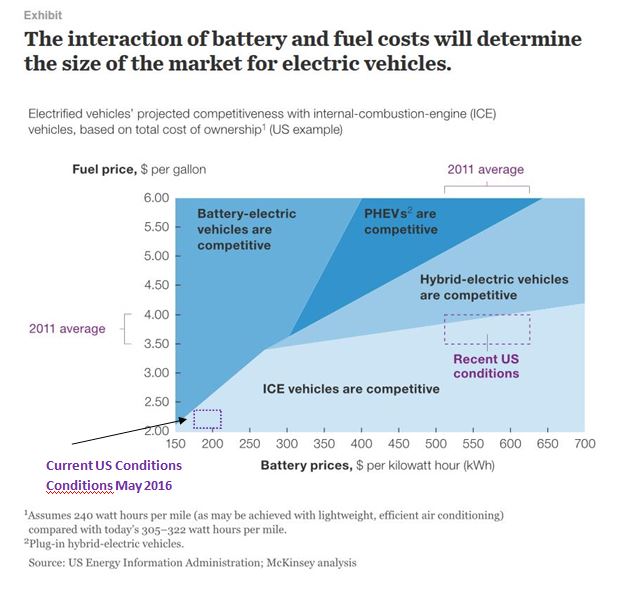WetEV
Well-known member
https://insideevs.com/top-6-automakers-200000-federal-tax-credit-limit/
So the phaseout starts. Full Federal Tax Credit of $7,500 (as far as I understand) continues to 1 April 2019, then reduces to $3,750 until 1 October 2019, then reduces to $1,875 until 1 April 2020.
So the phaseout starts. Full Federal Tax Credit of $7,500 (as far as I understand) continues to 1 April 2019, then reduces to $3,750 until 1 October 2019, then reduces to $1,875 until 1 April 2020.















